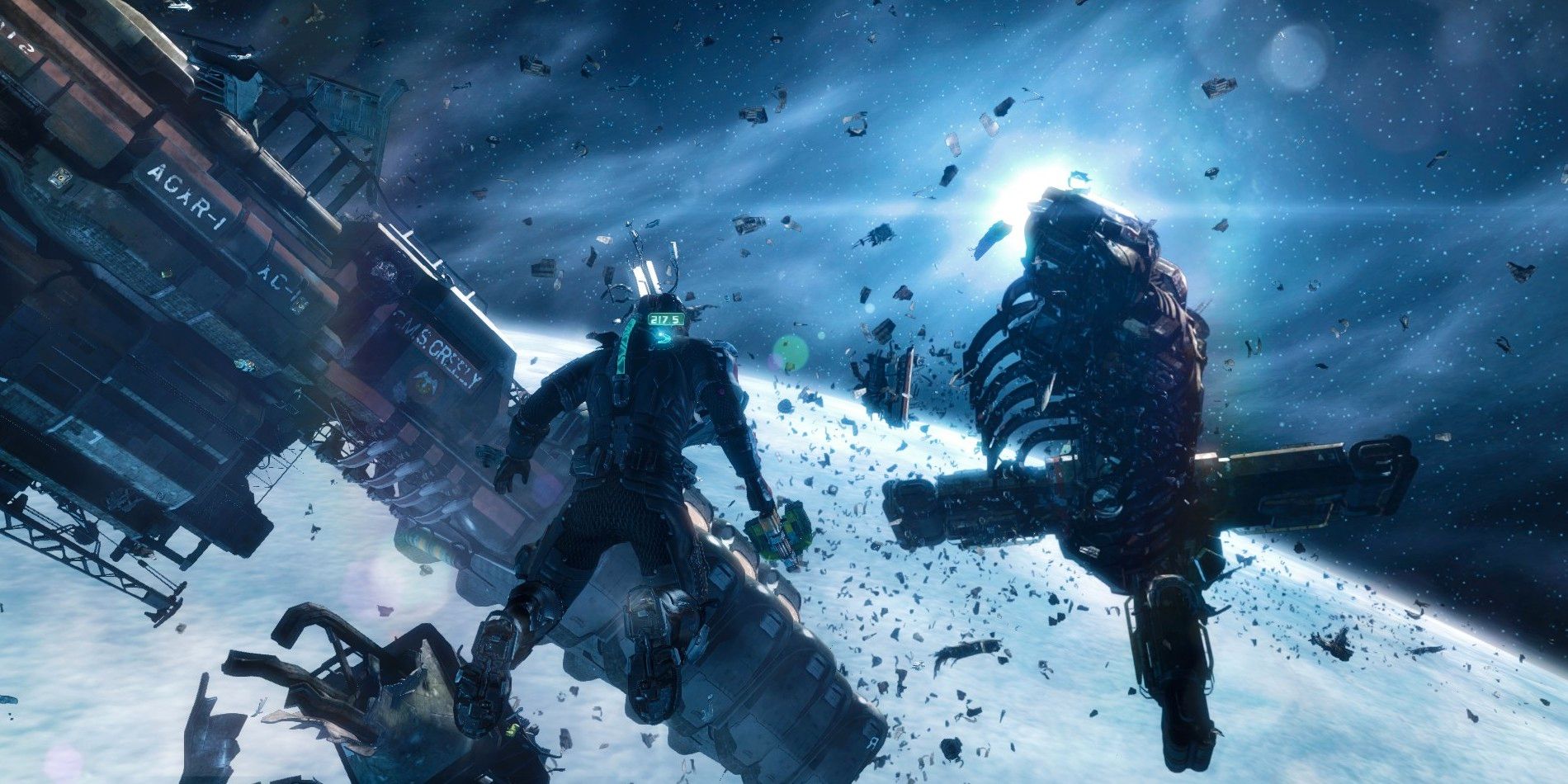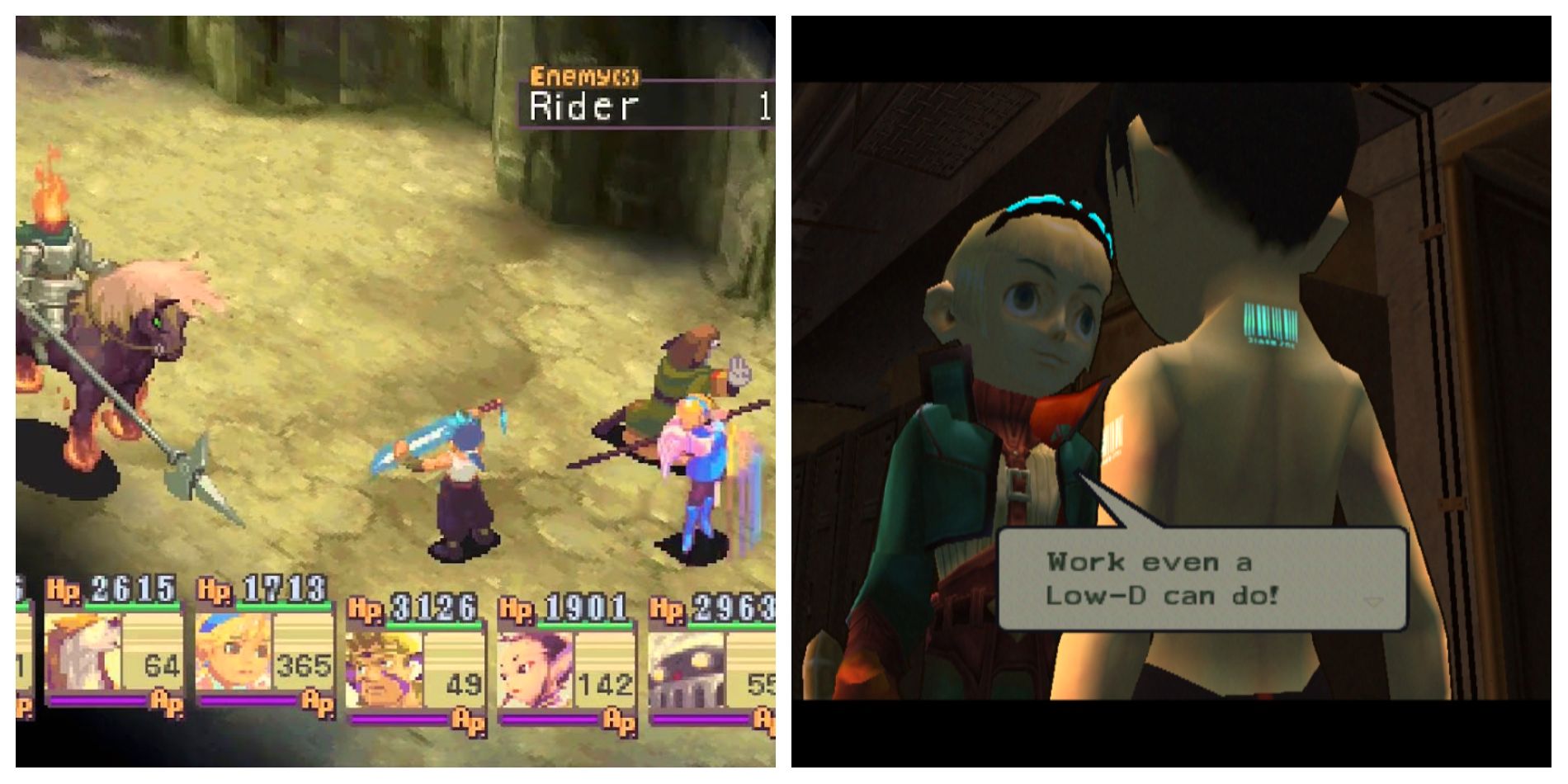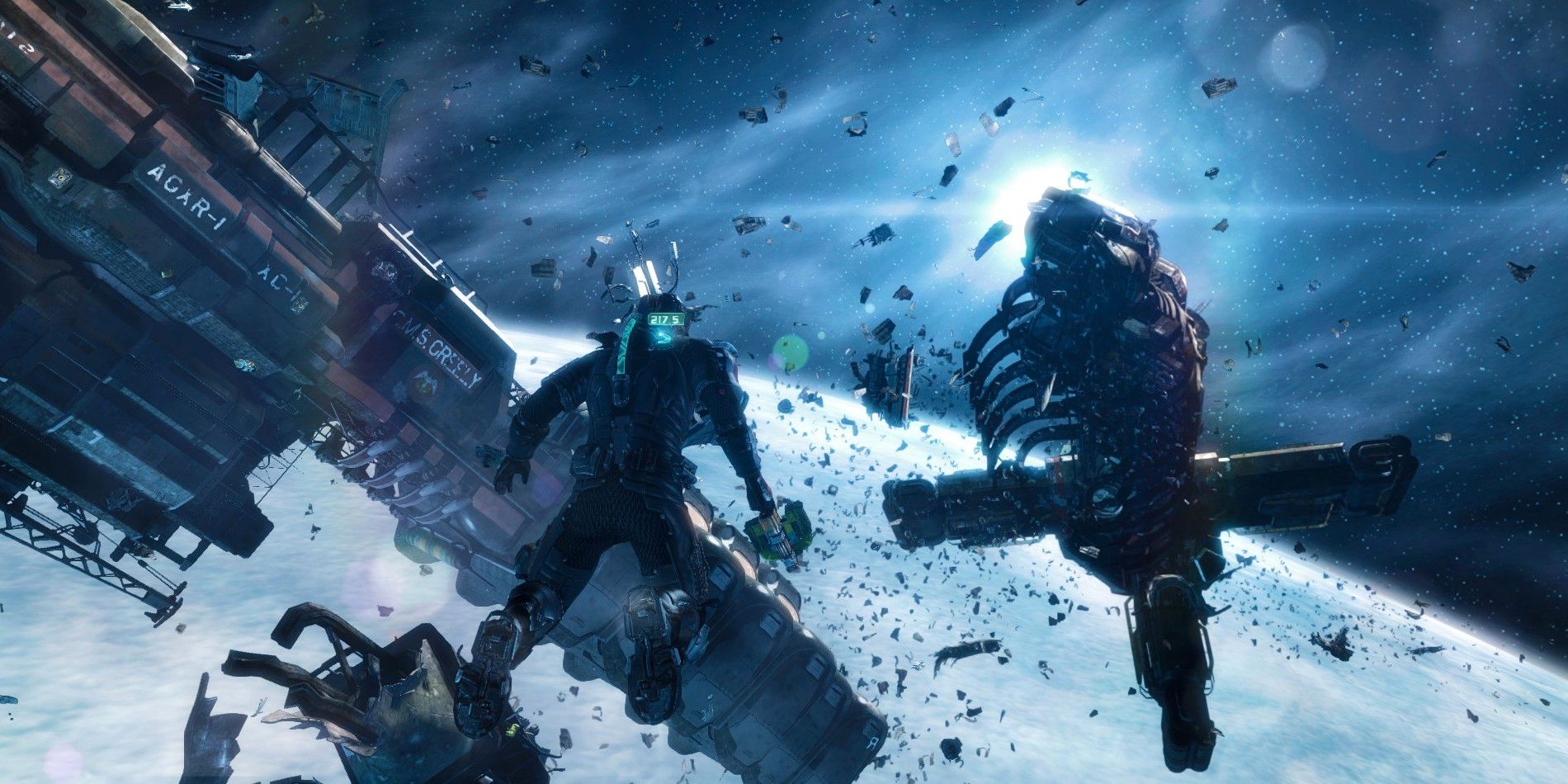Dead Space 3 and Other Games That Probably Killed Their Franchises

While fans await the remake of the original Dead Space game, some lament how the commercial failure of Dead Space 3 seems responsible for cutting the science-fiction/horror series short. Game franchises tend to continue for as long as they are successful, as seen with series like Final Fantasy, Dragon Quest, and King of Fighters, which are in the double digits on their iterative sequels, or the sprawling Assassin’s Creed series of games. Sadly, some franchises haven’t been so lucky.
Dead Space 3 made several missteps, both with its shift away from horror towards action, as well as the distracting presence of microtransactions in a series built on quality single-player, offline gameplay. Dead Space 3’s campaign felt bloated, and its shift in style, and microtransactions, hurt the game as well as the franchise itself. The game still delivered some memorable moments, notably including the exploration of the ruins of the Roanoke space platform, but the story and experience suffered, and developer Visceral Games was dissolved shortly after its release, their plans for Dead Space 4 up in smoke.
Related: Dead Space Remake Vs. Original Comparison Video Shows How Far We’ve Come
Many other franchises may have come to an end in part due to a sequel that was poorly received. One notable example is Max Payne 3. Original series developer Remedy intended for Max Payne 2 to end the series. When Rockstar created Max Payne 3, they did so with the approval of Remedy staff members, but for many fans, the game was too distanced from the elements they enjoyed about the series. Most of the cast died in the second Max Payne game, and the third game saw an older, largely unrecognizable Max transformed from a lanky NYPD detective to a bulky private security contractor in South America. Absent much of the noir vibe of the earlier games, as well as the moments of surrealism, Max Payne 3 remained a well-reviewed game, but one that didn’t feel much like a Max Payne title.

The fifth Breath of Fire game, Dragon Quarter, was another drastic departure from the prior titles. Breath of Fire was once Capcom’s flagship JRPG series, featuring turn-based battles, and reoccurring elements that defined the series. Breath of Fire was a fantasy RPG series centered on dragons, with a dragon in human form named Ryu as the hero in each game. Dragon Quarter abandoned the pure fantasy settings of the prior games, as well as the turn-based combat, adopting a real-time combat system and science-fiction aesthetic. Dragon Quarter’s time-limited system, which encouraged multiple playthroughs to see the true ending, was ambitious but taken as a whole, it likely felt too dissimilar from past entries. A Japan-only sequel followed, but it was a free-to-play mobile and browser game that died about a year after it launched, and the series has been dormant since.
Given the common practice of reboots, remakes, and sequels sometimes separated by a decade or more, it is hard to say with certainty that any series is truly dead. Some were able to successfully pivot away from a poorly received entry or two, as the Resident Evil franchise reinvented itself with its seventh game following two titles that veered further away from its horror roots. Other games have seemingly brought a franchise to an end, only to see the series revisited much later. The X-Men Legends action RPGs evolved into Marvel Ultimate Alliance, but Ultimate Alliance 2 went further towards arcade-style combat, with fewer RPG elements. It appeared to be the end for the series until Marvel Ultimate Alliance 3: The Black Order released for the Switch 10 years later.
Mass Effect 3 similarly reduced its RPG mechanics from prior entries, reshaping itself into more of a shooter with dialogue options. It also had an infamously unsatisfying ending. Despite these issues, and the lackluster reception of Mass Effect: Andromeda, the remasters of the original trilogy are paving way for a new Mass Effect game. Series like Star Ocean are in jeopardy, as its most recent entry was poorly reviewed, leaving fans unsure of the future. A single unpopular game can sound ‘the death knell’ of a series, but given the resurgence in unexpected reboots and sequels, fans may have more reason to hope that a series might return to form, even years after a disappointing sequel.
Read more: screenrant.com





